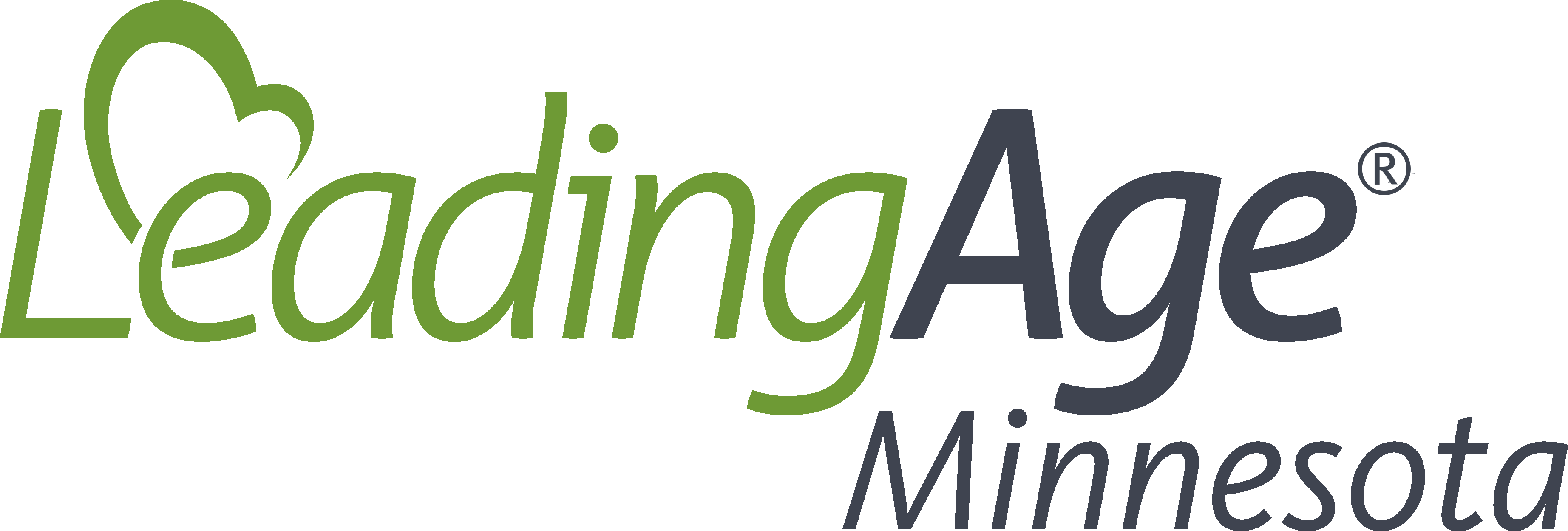CMS Waivers Include Nursing Home Life Safety Provisions; New FAQ Available
Posted on May 26, 2020 by Jodi Boyne
The most-recent Centers for Medicare & Medicaid Services (CMS) update to COVID-19 Emergency Declaration Blanket Waivers for Health Care Providers (see pp. 25-27) includes waivers of a few life safety code provisions that may reduce disruption of patient care and potential exposure/transmission of COVID-19. In all cases, it will be important to consider these waivers in the context of your existing life safety policies, procedures and plans.
The Minnesota Department of Health (MDH) Engineering Section has developed a Frequently Asked Questions document to educate providers about these waivers. Here are some key items addressed by CMS:
Inspection, Testing and Maintenance (ITM)
CMS is temporarily modifying these provisions to the extent necessary to permit these facilities to adjust scheduled ITM frequencies and activities required by the Life Safety Code and Health Care Facilities Code.
The following LSC and HCFC ITM are considered critical are not included in this waiver:
- Sprinkler system monthly electric motor-driven and weekly diesel engine driven fire pump testing.
- Portable fire extinguisher monthly inspection.
- Elevators with firefighters’ emergency operations monthly testing.
- Emergency generator 30 continuous minute monthly testing and associated transfer switch monthly testing.
- Means of egress daily inspection in areas that have undergone construction, repair, alterations, or additions to ensure its ability to be used instantly in case of emergency.
It’s important to note that the waiver authorizes a temporary adjusting of scheduled frequencies and activities. As the MDH FAQ notes, “facilities are also expected to clearly document why and how the organization will use the waiver, when the facility expects to resume normal activities and how staff is educated and trained on any changes.” If you choose to alter scheduled ITM, we recommend that you develop and document a plan in consultation with your local state fire marshal inspector.
Fire Drills
Because quarterly fire drills move and mass staff together, CMS will instead permit a documented orientation training program related to the current fire plan, which considers current facility conditions. CMS notes the training must instruct employees, including existing, new or temporary employees, on their current duties, life safety procedures and the fire protection devices in their assigned area. Refer to: 2012 LSC, sections 18/19.7.1.6.
We have reached out to the Minnesota State Fire Marshal for guidance on this waiver and will report additional information to members, as needed. An important consideration here is that many facilities have altered, or plan to alter, their physical configurations in some way to allow cohorting of COVID-positive residents, meaning that an orientation training program would have to account for those differences and not merely train to a pre-COVID operating model.
Temporary Construction
CMS is waiving requirements that would otherwise not permit temporary walls and barriers between patients. Refer to: 2012 LSC, sections 18/19.3.3.2.
Before proceeding to install a temporary wall or barrier, facilities should review these guidance documents from MDH Engineering: Temporary Wall Construction Guidelines and Guidelines for Temporary Negative Pressure Isolation Rooms.
MDH also requires that facilities submit a COVID-19-Related Bed, Capacity and/or Service Change Application Form. While the form focuses on adding bed capacity, MDH has explained to us that it applies also to service changes involving physical configuration.
Alcohol-based Hand-Rub (ABHR) Dispensers
CMS is waiving the prescriptive requirements for the placement of alcohol-based hand rub (ABHR) dispensers for use by staff and others due to the need for the increased use of ABHR in infection control.
However, ABHRs contain ethyl alcohol, which is considered a flammable liquid, and there are restrictions on the storage and location of the containers. This includes restricting access by certain patient/resident population to prevent accidental ingestion.
Due to the increased fire risk for bulk containers (over five gallons) those will still need to be stored in a protected hazardous materials area. Refer to: 2012 LSC, sections 18/19.3.2.6. In addition, facilities should continue to protect ABHR dispensers against inappropriate use as required by §483.90(a)(4) for SNF/NFs.
Comments
Add a comment
Members must sign in to comment
You must be a member to comment on this article. If you are already a member, please log in. Not a member? Learn how to join »

No one has commented on this article yet. Please post a comment below.